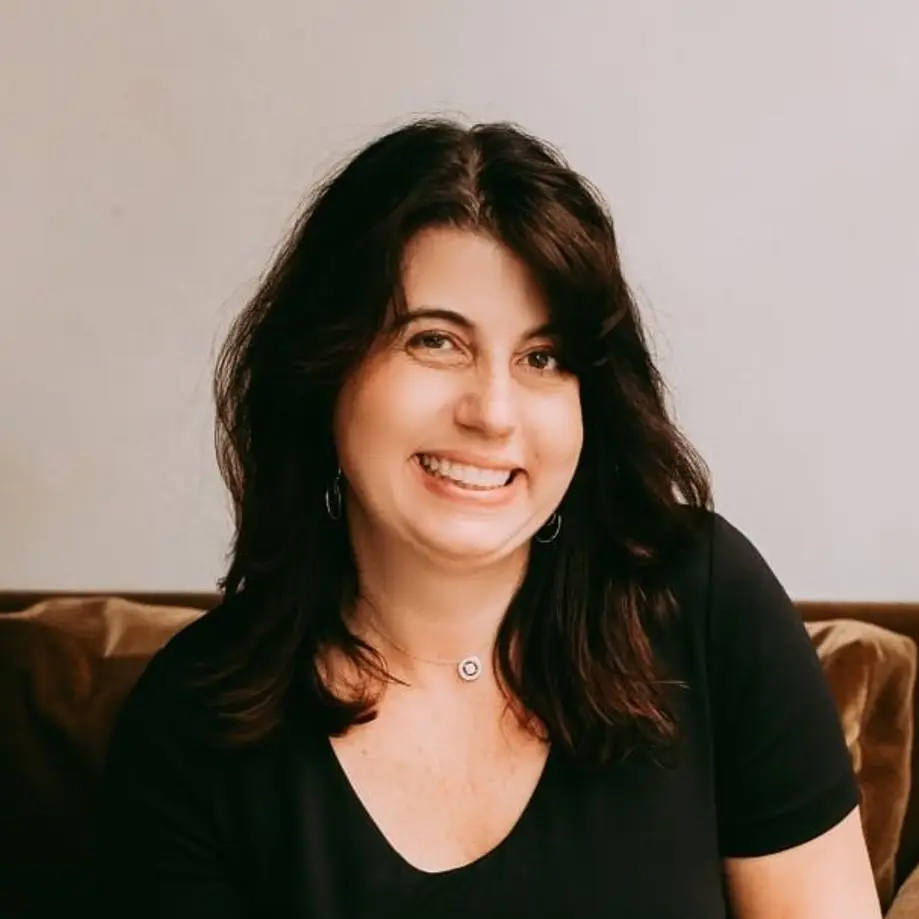Finding the right-fit school is hard for all families, but it is particularly challenging for families with children with disabilities, like my own.
As a research analyst at CRPE, I have had the opportunity to talk with many parents in Washington, D.C., and New Orleans this past year who are working tirelessly to find the right school for their children. We are releasing the first briefs about that research today, and will be sharing more in-depth findings later this spring.
These parents experience many of the same challenges that I experience as a parent. Talking with them, I know that I am not alone, that there are other families out there that “get it.”
These parents know the questions they find themselves asking when they look at potential schools. How many other children with disabilities attend the school? Do any of them have needs similar to my child’s? Does the staff understand those needs? Is the school leadership committed to delivering quality special education—ensuring my child will feel like they belong and providing the necessary support that allows them to access the curriculum, as federal special education law intends?
But I see some differences between these parents’ experiences and my own. While they struggle to find the right schools for their children in decentralized education systems where charter schools enroll a considerable swath of the student population, I live in an area where we do not have much school choice at all.
I have four kids of my own. Three of them have IEPs. Over the past few years, I’ve struggled greatly to find schools that are the “right fit.” My sixth grader is currently in his third school in three years.
I do not have many choices for my kids. Our neighborhood school is not a good fit because of the acoustics and lighting of the building (my youngest is deafblind). We only have a few charter schools to choose from that serve middle schoolers. Our family’s only other options are to move to a different school district or pay money out of pocket for a private school, either of which would have a major financial impact on our family.
School choice has inherent challenges, and, as past CRPE research has shown, it can be especially challenging for families with students with disabilities—the information-gathering process can be overwhelming. And the information that’s freely available might not adequately describe whether a school will be the right fit for these children. The only way for me to check out a school’s acoustics and lighting is to show up in person.
However, as a parent, I see how school choice allows me more control over which school my children attend.
Our parent interviews in New Orleans and D.C. have put more focus on the challenges parents experience in decentralized school systems—not only with the school choice process, but with special education overall. Many of these challenges are universal and not specific to these two cities.
We should continue to listen to and improve the experience for families in the school choice process. But, more importantly, we must do better at providing quality education options for all kids, in every city. As one parent put it, choice without quality special education options is no choice at all.
It would be easy to get discouraged by the amount of work that must be done. But instead I am hopeful, especially about the opportunities in both of these cities and what we can learn from them. School and system leaders in New Orleans and D.C. recognize the problem and are committed to finding solutions. Nonprofit organizations have sprung up to help parents, with varying degrees of involvement from local school systems. And leaders in both cities have created venues where parents can describe their experiences and help inform efforts to make the system work better.
Recognizing the problem is a vital first step toward solutions.
Because of this work, I’ve been asked to sit on the New Pathways New Orleans Special Education Advisory Council—one of several efforts underway to coordinate improvements to special education in the city’s decentralized school system. Decentralization creates new options for families to navigate and adds complexity to the challenge of ensuring every student in the city receives the support they need, but it can also propel much-needed improvements. Educators in New Orleans have used their flexibility to launch new programs to meet the needs of students with disabilities. The city’s system of holding schools accountable for outcomes has helped improve the quality of available schools—one of the top concerns among parents we talked with for our briefs. New Orleans is still trying to improve special education, but in the last five years the city has seen progress.
My hope, as a parent and a researcher, is that stakeholders in these two cities continue to hear families’ voices, and continue their focus on improving special education. They have opportunities to foster new improvements in the ways schools educate and support students with disabilities. And other school systems have opportunities to learn from their work.





